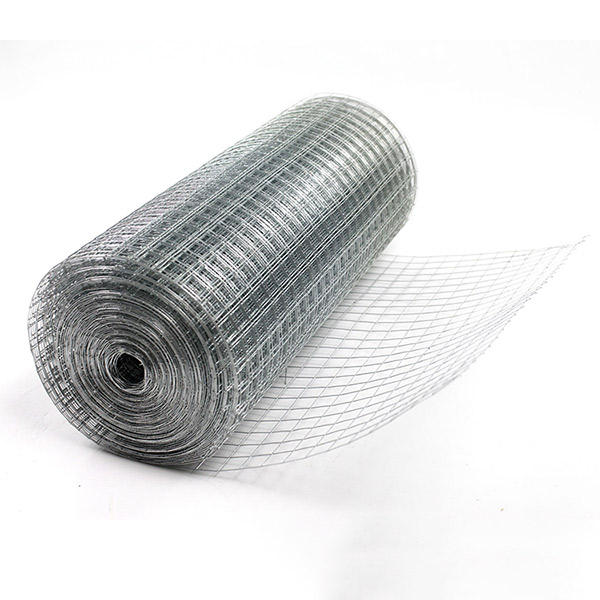Oct . 13, 2024 14:51 Back to list
black annealed wire
Understanding Black Annealed Wire Properties, Applications, and Benefits
Understanding Black Annealed Wire Properties, Applications, and Benefits
One of the main properties of black annealed wire is its enhanced flexibility. This wire can be easily twisted and bent without breaking, which is particularly advantageous in construction and fencing applications, where wire may need to be shaped around corners or tied tightly. Additionally, black annealed wire exhibits excellent strength, allowing it to withstand considerable tension, making it suitable for heavy-duty applications.
black annealed wire

The primary application of black annealed wire is in the construction industry. It is commonly used for binding rebar steel in concrete structures, where its strong tensile properties are critical for ensuring the stability of buildings and other infrastructures. Moreover, its flexibility allows for easy installation and manipulation on construction sites. Beyond construction, black annealed wire is also used in agricultural settings, often as a fencing material or for tying plants, due to its ability to secure positions without damaging the vegetation.
Another significant benefit of black annealed wire is its cost-effectiveness. Compared to other wire types, it is often less expensive, making it an economical choice for various projects. Furthermore, black annealed wire is typically treated to be corrosion-resistant, although its surface can still be susceptible to rust over time if not properly maintained.
In summary, black annealed wire is a versatile and valuable material widely used across various industries, particularly in construction and agriculture. Its unique properties, such as flexibility, strength, and cost-effectiveness, make it an essential component for many applications. As demand for reliable and durable materials continues to grow, black annealed wire remains a popular choice among engineers, builders, and farmers alike, demonstrating its enduring relevance in today's market.
-
Welded Wire Mesh for Industry Factory - Durable & Custom Solutions
NewsAug.23,2025
-
Your Galvanized Steel Fence Factory - Strong, Durable Solutions
NewsAug.22,2025
-
Welded Wire Mesh for Industry: Factory Direct & Custom Solutions
NewsAug.21,2025
-
Welded Wire Mesh for Industry | Factory Direct & Durable Solutions
NewsAug.19,2025
-
Chain Link Fence-Anping County Puersen Hardware Wire Mesh Co., Ltd.|Durable Security&Versatile Applications
NewsAug.18,2025
-
Glass Food Storage Jar with Screw Wooden Lid - Anping County Puersen|Heat-Resistant & BPA Free
NewsAug.18,2025

